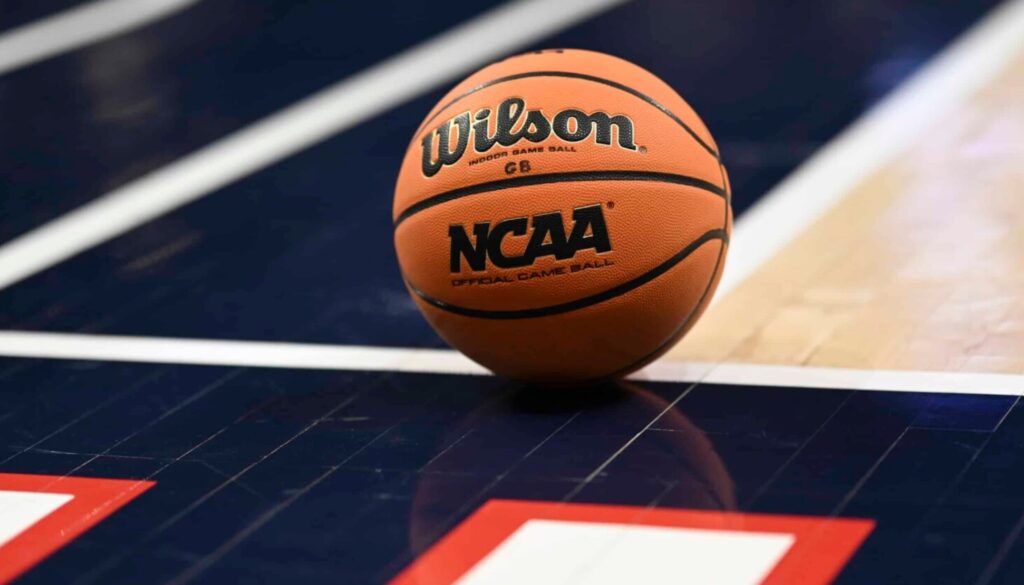
June 6, 2025 – U.S. District Court docket, Northern District of California
A federal choose has given last approval to the groundbreaking Home v. NCAA antitrust settlement, paving the way in which for Division I faculties to instantly compensate student-athletes starting July 1, 2025. The settlement, valued at roughly $2.8 billion, represents one of the consequential authorized judgments in faculty sports activities historical past.
A federal choose has given last approval to the groundbreaking Home v. NCAA antitrust settlement, paving the way in which for Division I faculties to instantly compensate student-athletes starting July 1, 2025. The settlement, valued at roughly $2.8 billion, represents one of the consequential authorized judgments in faculty sports activities historical past.
Settlement Highlights
- $2.8 billion in whole compensation over the subsequent decade to present and former Division I athletes (2016–2024)
- Annual cap of $20.5 million per college for direct athlete funds by means of “income sharing”
- Faculties retain scholarships and NIL deal preparations alongside the brand new mannequin
- Launch of “NIL Go,” a Deloitte managed portal to supervise third-party offers over $600
- Creation of a Faculty Sports activities Fee to implement new guidelines together with roster limits, Title IX compliance, and NIL oversight
Quotes from Key Stakeholders
“Approving the settlement… opens a pathway to start stabilizing faculty sports activities,” stated NCAA President Charlie Baker in a letter to member establishments after the approval.
Decide Claudia Wilken, in her 76-page ruling, famous that “the settlement settlement… will end in extraordinary aid for members of the settlement courses.”
Nebraska Athletics Director Troy Dannen added, “We help the modifications and are able to adapt,” highlighting the shift away from the NCAA’s century-old amateurism mannequin.
Michael Alford, Athletic Director at Florida State, commented: “We’re enthusiastic concerning the enhanced scholarship choices and sustaining aggressive excellence.”
Key Timeline
| Date | Occasion |
|---|---|
| June 6, 2025 | Remaining approval of settlement by Decide Claudia Wilken. |
| June 11, 2025 | “NIL Go” portal turns into operational. |
| June 15, 2025 | Deadline for non-defendant faculties to decide in. |
| July 1, 2025 | Income sharing funds start. |
These dates mark the official transition from litigation to enactment of the settlement’s provisions.
Implications for Faculty Sports activities
Former athletes stand to obtain again compensation—estimated at roughly $277 million yearly over 10 years—for his or her prohibited NIL earnings between 2016 and 2024.
Present student-athletes can profit from as much as $20.5 million per establishment in income sharing—on prime of scholarships and NIL offers—with projected will increase on this cap over time.
New roster limits are being instituted—as an example, soccer capped at 105 gamers, basketball at 15—alongside provisions permitting athletes minimize attributable to caps to switch or return with out penalty.
Compliance and oversight might be dealt with by the newly created Faculty Sports activities Fee and the NIL Go portal, supported by Deloitte. Bigger offers might be topic to market?worth evaluate.
Price range shifts loom massive. Faculties might want to reallocate funds—corresponding to fundraising and media rights—to help athlete compensation, whereas contemplating Title?IX impacts, particularly on Olympic?stage packages.
Potential Challenges Forward
Critics warning that income sharing might introduce gender fairness considerations—Title IX compliance could require faculties to fund extra girls’s sports activities or danger cuts.
Authorized questions stay about athlete employment standing—a shift with potential implications for collective bargaining, NCAA tax standing, and federal labor regulation protection.
Reform laws should be required. Congressional proposals, such because the proposed “SCORE Act,” could purpose to preempt state legal guidelines and solidify NCAA protections round pay guidelines and wage caps.
